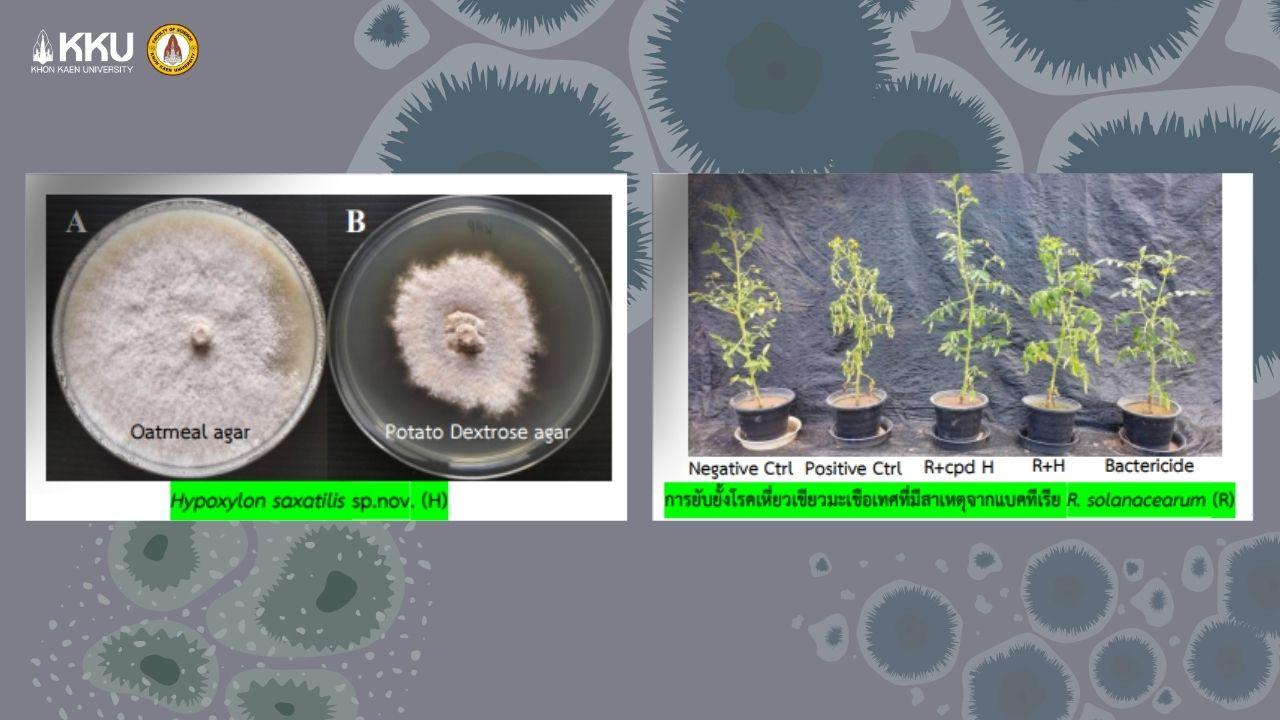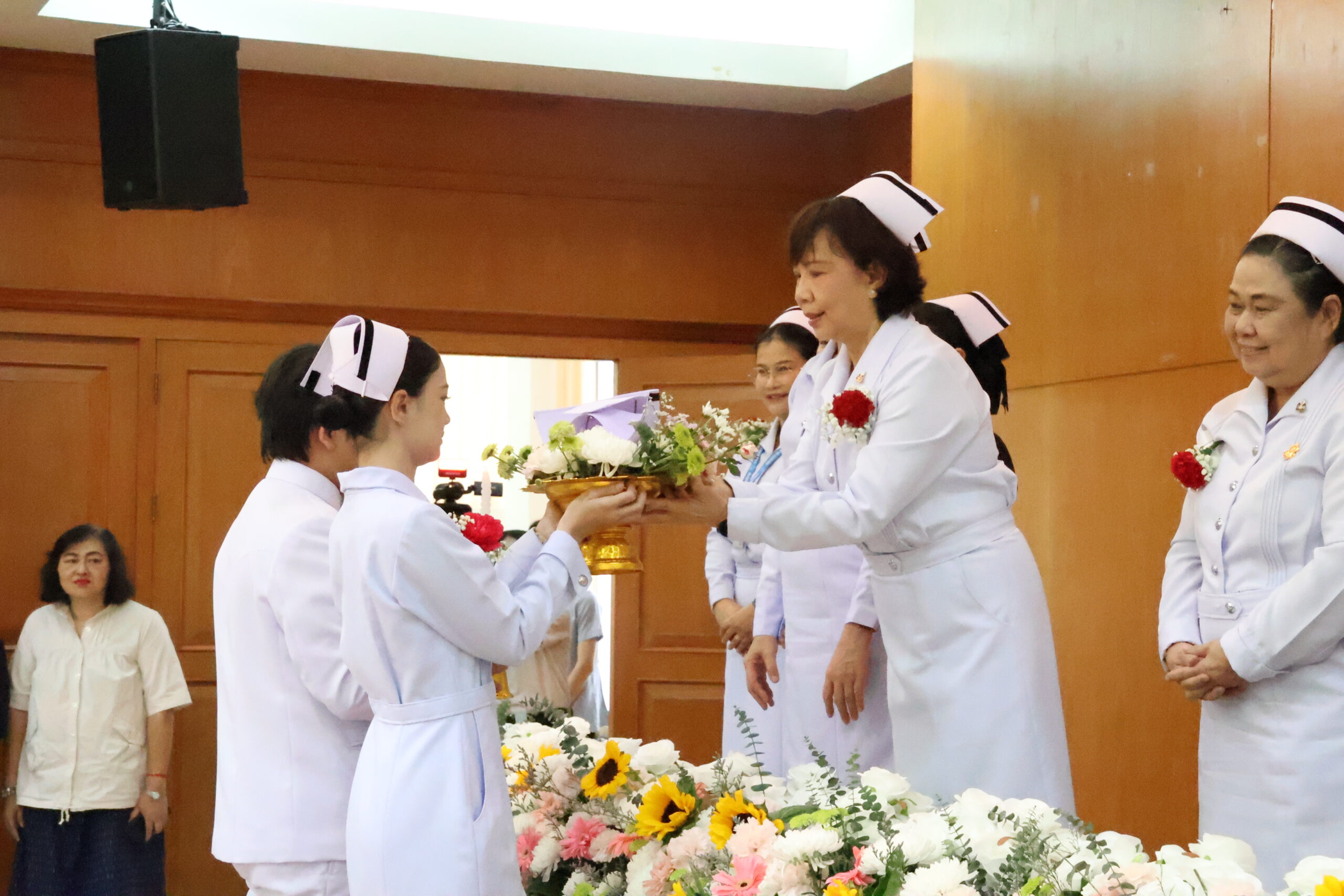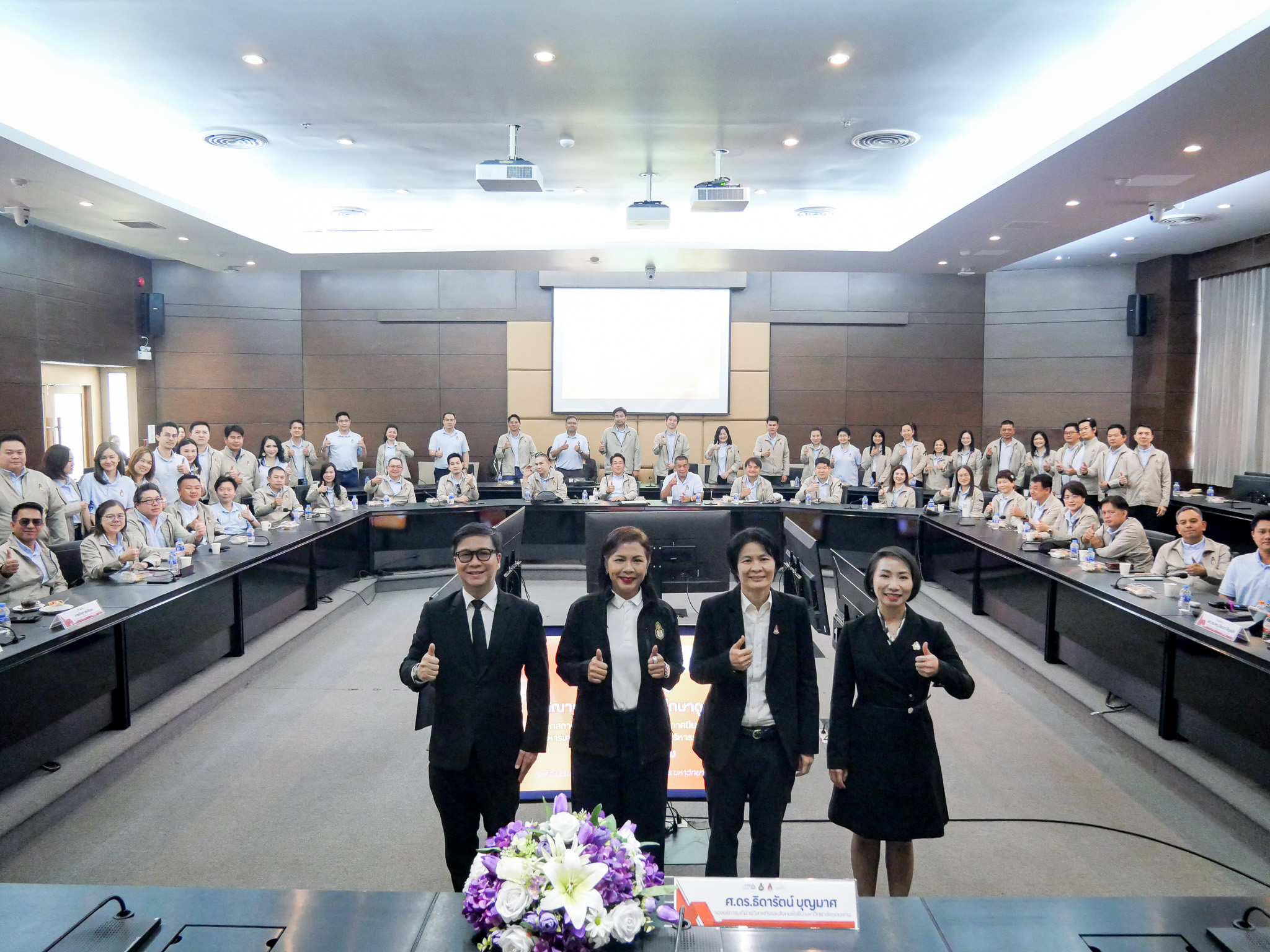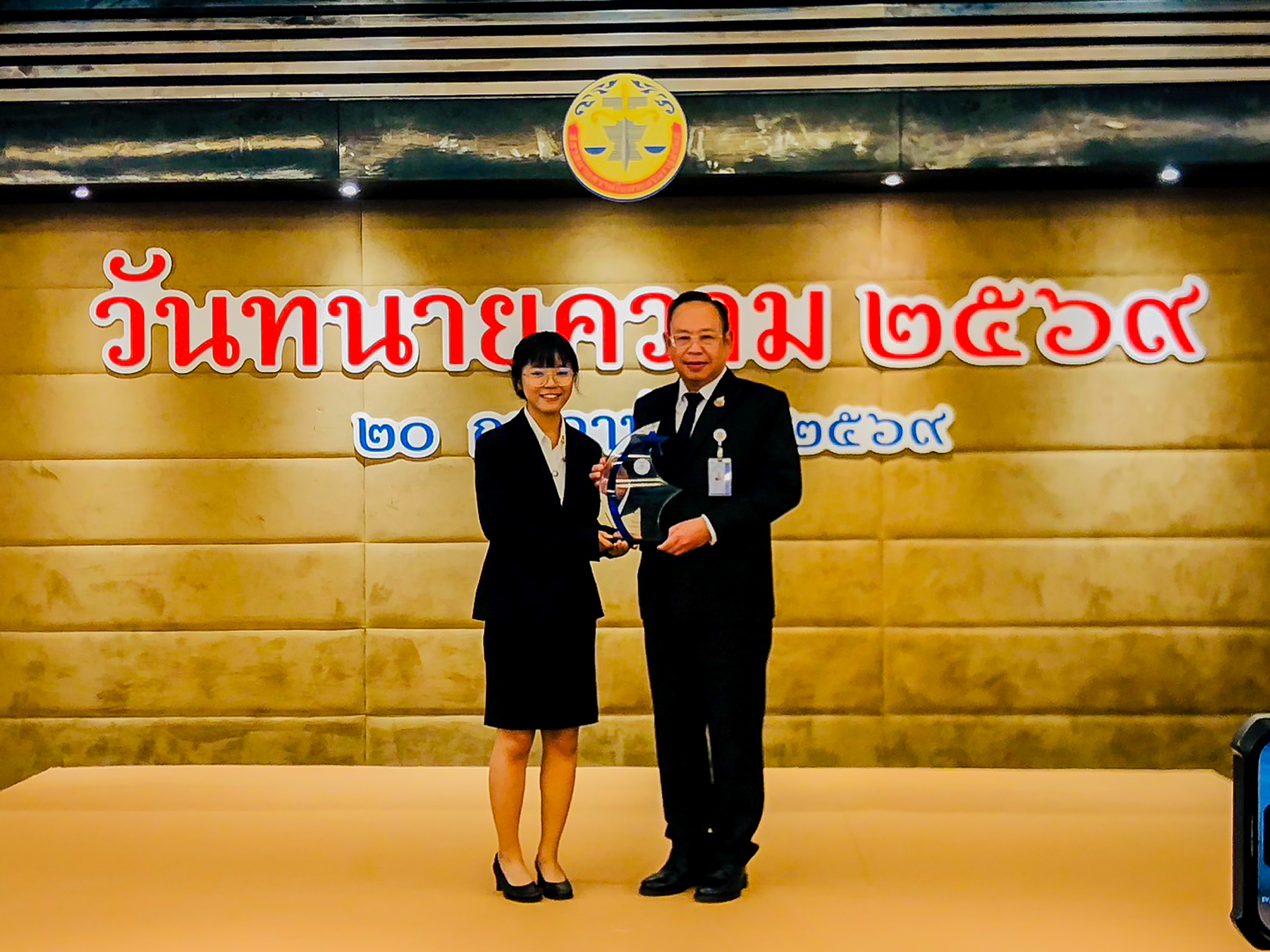In the mountains of Kuchinarai District, Kalasin Province, a single Gardenia saxatilis tree became the starting point of a groundbreaking scientific discovery. A research team from the Faculty of Science, Khon Kaen University, in collaboration with a network of mycology researchers—both alumni and current scholars from multiple institutions—has discovered a new species of endophytic fungus previously unknown to science.

The newly identified fungus has been named Hypoxylon saxatilis sp. nov., isolated from Gardenia saxatilis. Comprehensive analyses of its morphological characteristics and molecular phylogeny confirm that this species has never been documented in any existing database. This remarkable achievement stems from a strong collaborative effort led by Assoc. Prof. Dr. Sophon Boonlue, Department of Microbiology, Faculty of Science, Khon Kaen University, alongside Dr. Thanapat Suebrasri from Nakhon Ratchasima College, Dr. Wasan Seemakram from Naresuan University, and Asst. Prof. Dr. Awat Wisetsai from King Mongkut’s University of Technology North Bangkok, with vital contributions from KKU graduate students Mr. Sutarin Preepram, Mr. Thanawan Gateta and Ms. Phornnapa Saentao.
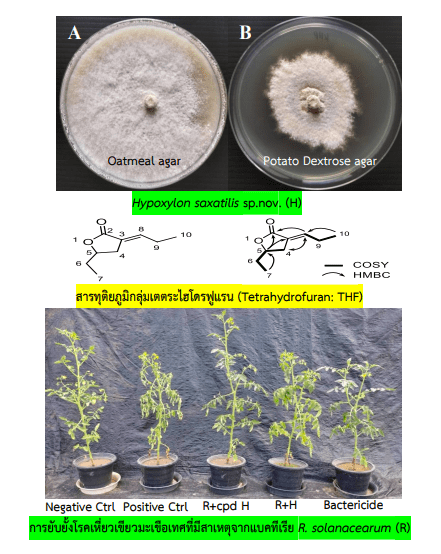
Beyond its taxonomic significance, Hypoxylon saxatilis sp. nov. exhibits exceptional biological potential. Laboratory tests revealed its strong inhibitory effect against Ralstonia solanacearum, the bacterial pathogen responsible for bacterial wilt in economically important crops such as tomatoes. Notably, the fungus produces tetrahydrofuran (THF) derivatives, a class of compounds that, until now, have never been reported as naturally occurring. These compounds demonstrated potent antibacterial activity against plant pathogens.
Greenhouse-level trials further highlighted its promise: application of the fungus reduced disease severity by over 83% compared to control groups, marking a critical step toward developing eco-friendly and sustainable biocontrol strategies for managing bacterial wilt—a major agricultural challenge worldwide.
This research not only underscores the capabilities of KKU’s young scientists but also reflects the enduring strength of the Faculty of Science’s alumni network, which continues to foster collaboration and innovation. The discovery has also earned international recognition, being published in Current Research in Microbial Sciences, a Tier 1 journal in microbiology with an Impact Factor of 5.8, further affirming the global significance and quality of research from Khon Kaen University.
Information and Photos: Faculty of Science, Khon Kaen University

